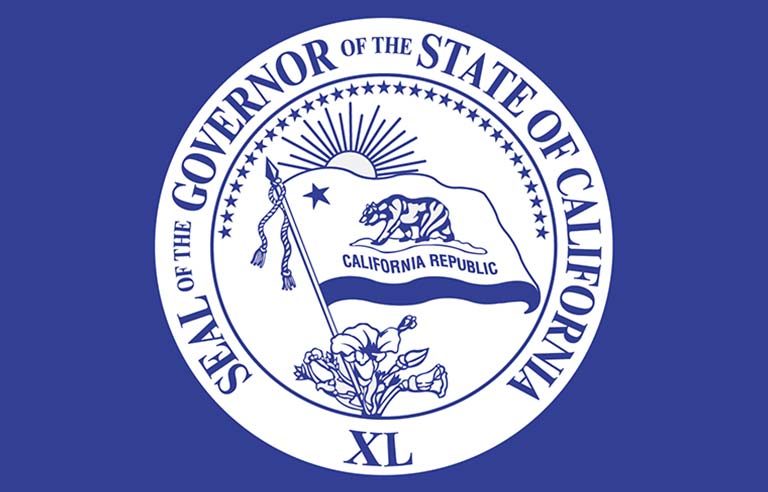California law to ensure access to paid sick leave for certain workers impacted by COVID-19

Sacramento, CA — A new California law guarantees access to paid sick leave for eligible workers impacted by the COVID-19 pandemic.
Signed March 19 by Gov. Gavin Newsom (D), the law expands on previous actions taken by the state aimed at providing worker protections during the pandemic. It ensures access to up to 80 hours of supplemental paid sick leave for certain employees, including those advised to quarantine or self-isolate and those caring for family members impacted by the virus.
The law extends protections through Sept. 30 and is retroactive to Jan. 1. Establishments with 25 or fewer employees are exempt, but may offer supplemental paid sick leave and, if eligible, receive a federal tax credit, according to a press release from Newsom’s office.
Employees are considered eligible if they’re full time or were scheduled to work at least 40 hours a week in the two weeks preceding the date they took sick leave. Different paid sick leave calculations will be applied to firefighters with unique work schedule requirements and for covered employees working variable hours.
According to an Associated Press report, an additional 10.4 million workers are now eligible for paid sick leave because of the law.
“Paid sick leave gives workers the time they need to care for themselves and loved ones while keeping their co-workers, families and communities safe,” Newsom said in the release. “Even as case rates and hospitalizations decline and vaccinations ramp up, we can’t let our guard down and must do all we can to stop this virus from spreading.”
Post a comment to this article
Safety+Health welcomes comments that promote respectful dialogue. Please stay on topic. Comments that contain personal attacks, profanity or abusive language – or those aggressively promoting products or services – will be removed. We reserve the right to determine which comments violate our comment policy. (Anonymous comments are welcome; merely skip the “name” field in the comment box. An email address is required but will not be included with your comment.)

